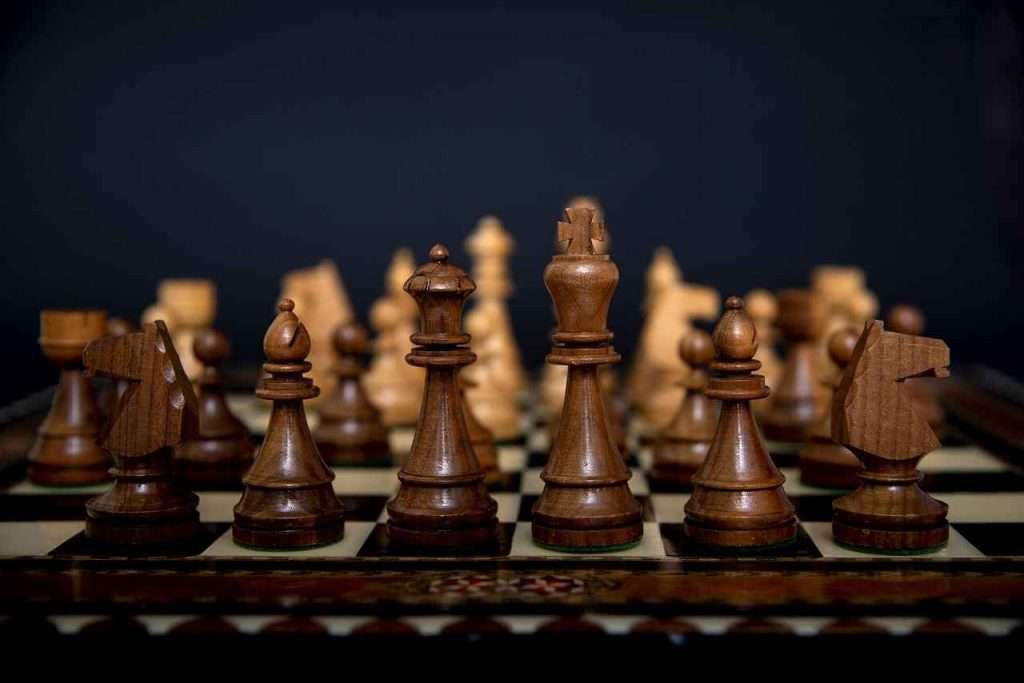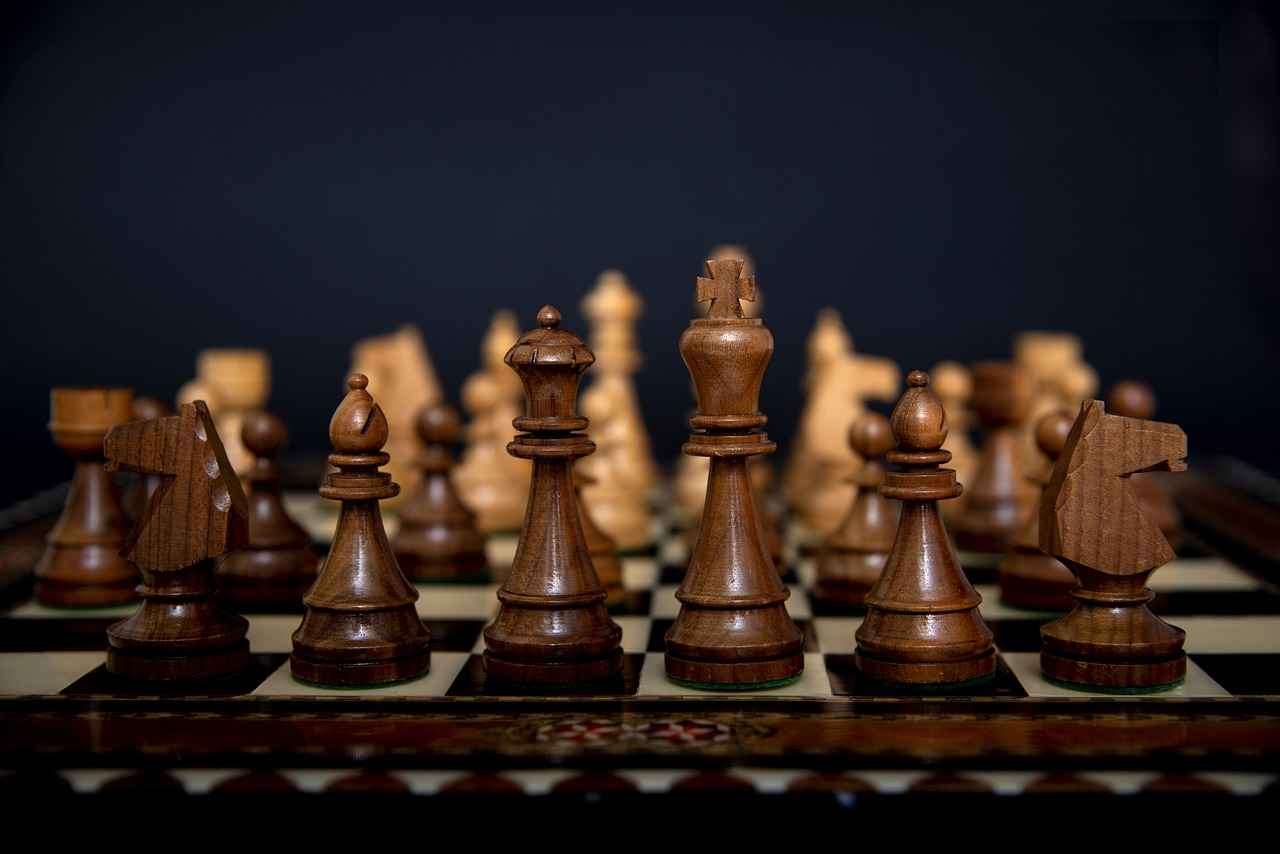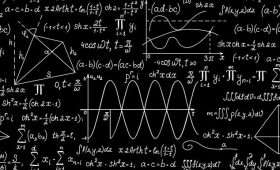A subfield of mathematics called game theory examines how people or organizations are active in circumstances requiring strategic decision-making from all parties. While it offers a potent framework for comprehending and evaluating intricate interactions amongst rational decision-makers, it has a wide variety of applications in fields ranging from biology and psychology to economics and political science.

The rationality principle, which presupposes that people would always select the course of action that maximizes their utility or reward given the knowledge at their disposal, is the foundation of game theory. Strategic interdependence is the idea that in many circumstances, the best course of action depends not just on one’s own decisions but also on those of others.
The Prisoner’s Dilemma, in which two people are detained on suspicion of a crime and presented with a plea bargain, is one of the most well-known instances of a game theory dilemma. When one confesses and implicates the other, the confessor is let off with a light sentence while the other receives a harsh one. If both keep silent, then both receive a light punishment. If both admit it, they both get a fair punishment. Both parties are faced with a problem in this circumstance since confessing is the preferred course of action, even if the results are worse for both than if they had both kept silent.
Game theory offers a variety of ideas and methods, including game matrices, payoffs, dominant strategies, Nash equilibrium, and mixed strategies, to aid with decision-making under these circumstances.
The decisions and results for every participant in a game are shown using game matrices. The matrix, for instance, in The Prisoner’s Dilemma might be like this:
| Confess | Remain Silent | |
|---|---|---|
| Confess | -5, -5 | 0, -10 |
| Silence | -10, 0 | -1, -1 |
The rewards for the row player and the column player are shown by the numbers in each cell. In this instance, a loss is represented by a negative number, but a gain is represented by a positive number. The best course of action relies on the other player’s decisions and the rewards.
Dominant Strategies:
No matter what the opposing player chooses, dominant strategies are always the best ones. For instance, in the Prisoner’s Dilemma, confessing is a dominating tactic because, no matter what the other player does, it always results in a greater payout than keeping silent. A poor Nash equilibrium results from both players confessing since they both end up worse off than if they had both kept silent.
Nash equilibrium
When predicting a game’s result, Nash equilibrium makes the premise that each player will select their best course of action in light of the decisions made by the other players. Given what the other players are doing, no player is motivated to alter their approach in this case. The Nash equilibrium in the Prisoner’s Dilemma calls for both players to confess, even when doing so results in a worse situation than if they both had kept silent.
Mixed tactics
include a player making probabilistic decisions amongst a variety of choices. An example of a mixed strategy would be to choose to collaborate with a specific probability and defect with a different probability in a game where a player can either cooperate or defect. It is possible to include a random element into a game by using mixed tactics, which makes it more challenging for other players to anticipate the result.
All of these techniques and concepts must be taken into account when making decisions in game theory, and the best course of action must be determined after extensive game analysis. It is crucial to take into account the model’s presumptions and constraints, as well as any possibilities for player collaboration or communication.
Game theory may be used to provide light on strategic behavior and decision-making in a variety of real-world circumstances. Game theory, for instance, may be utilized in business to




